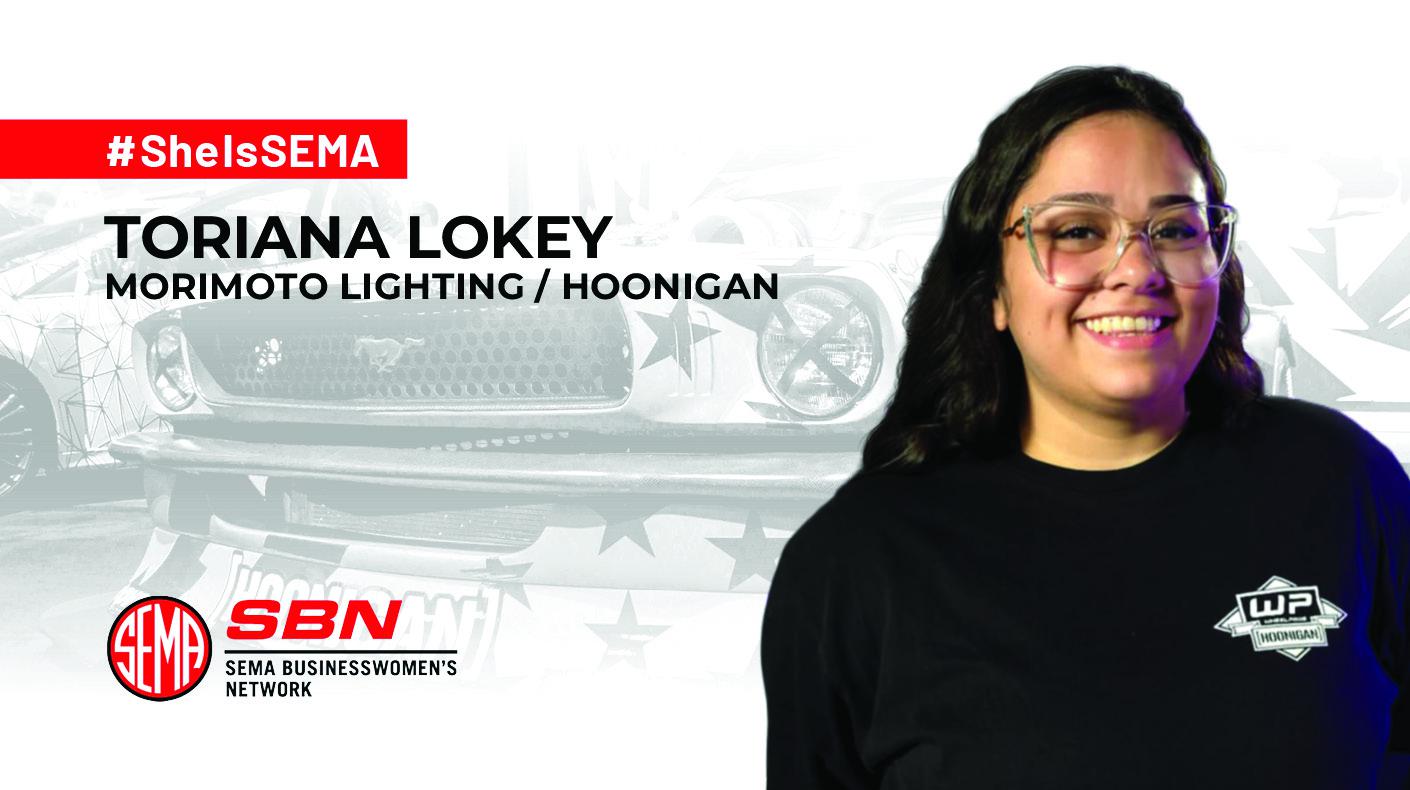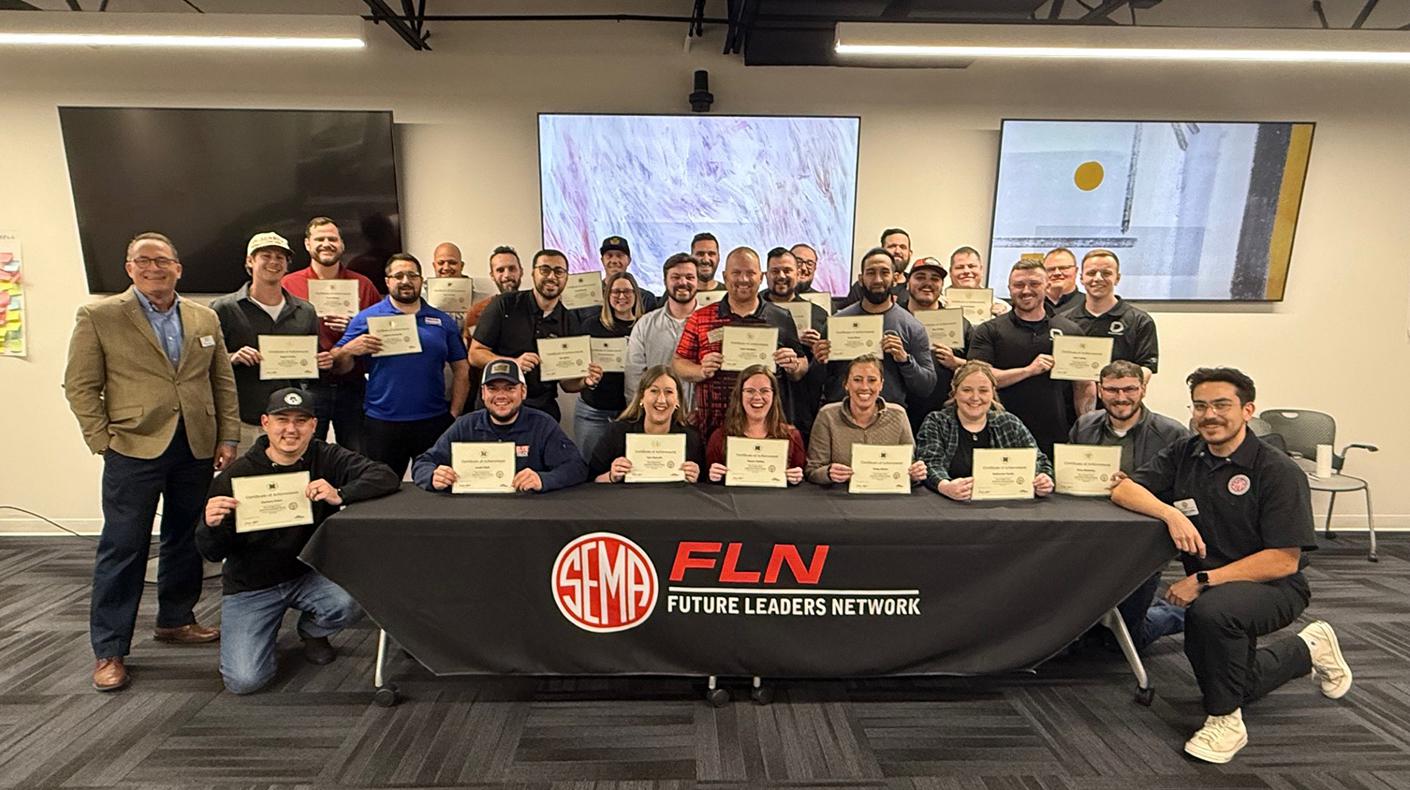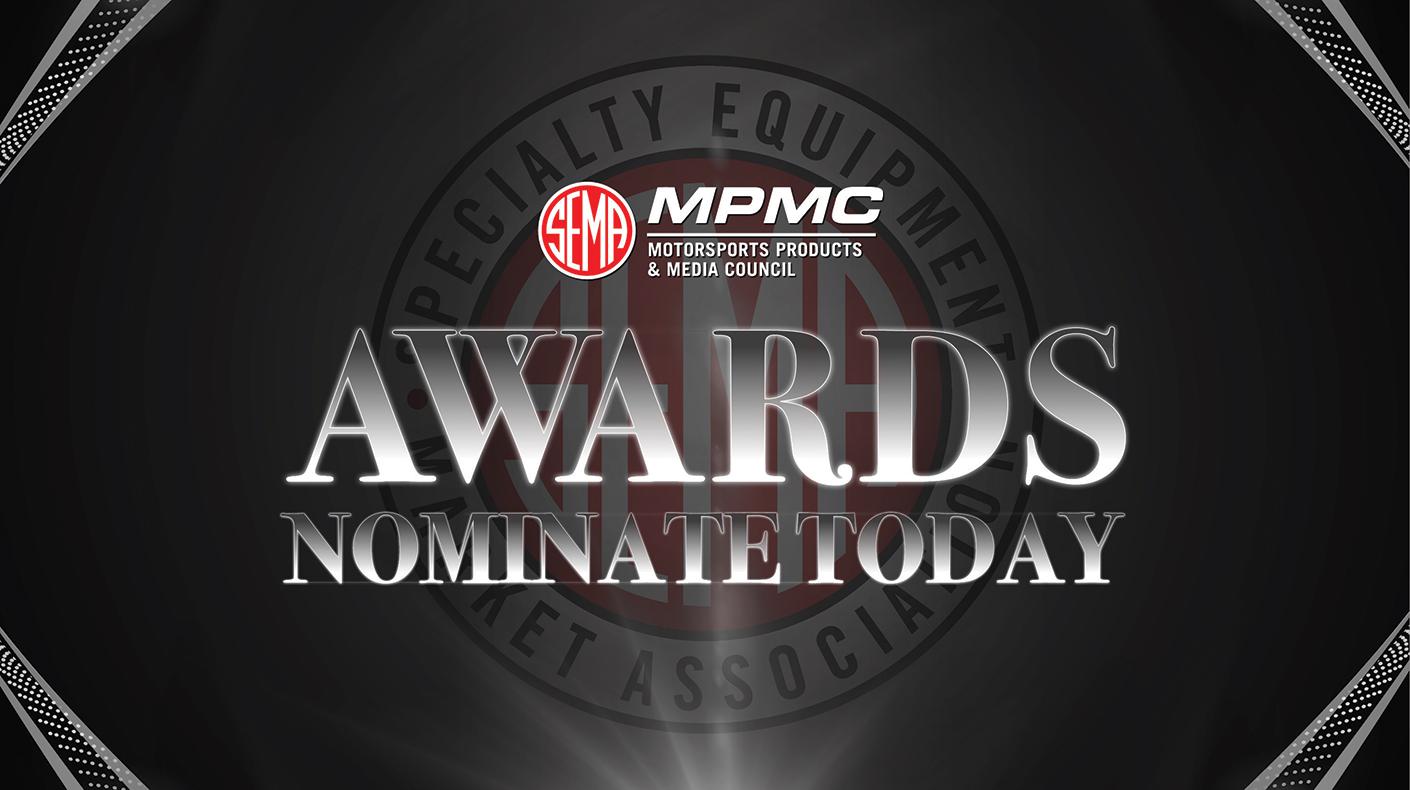By SEMA Washington, D.C., Staff
 Sonoma Raceway President and General Manager Steve Page testified before a key Congressional subcommittee, urging members to continue to allow street vehicles to be modified and converted for motorsports competition. |
Sonoma Raceway President and General Manager Steve Page testified before a key Congressional subcommittee, urging members to continue to allow street vehicles to be modified and converted for motorsports competition. Page joined a panel of experts to discuss “Big Relief for Small Business: Legislation Reducing Regulatory Burdens on Small Manufacturers and Other Job Creators.”
Page testified on behalf of H.R 350, the “Recognizing the Protection of Motorsports Act of 2017” (RPM Act), which clarifies that under the Clean Air Act, it has always been legal to modify a street vehicle into a racecar used exclusively at the track.
In his testimony to the subcommittee, Page said that the majority of the vehicles competing on his track began their lives as assembly-line vehicles that have been modified for the track. “These are cars, trucks and motorcycles that have given up their license plates and arrive and depart our facility on trailers.”
Page also cited an analysis conducted by the Sonoma County Economic Development Board that measured the regional economic impact of a single vintage race weekend at their facility to be nearly $2 million. He added that this activity takes place at Sonoma Raceway, and at hundreds of other tracks across the country, on a regular basis. The industry as a whole employs thousands nationwide and contributes billions to the nation’s economy each year.
“The EPA now defines a majority of our customers as law-breakers,” Page said. “Given the agency’s policy, a clarification to the law is absolutely needed. The RPM Act simply makes clear that converting a motor vehicle into a dedicated race vehicle does not violate the law. Further, it restores the original intent of the Clean Air Act that the law applies to motor vehicles used on our roads and highways and not to race vehicles.”
Countering opposition claims that the bill creates a loophole, Page noted that the bill does not reduce EPA’s authority to enforce against illegal parts on street vehicles.
In Page’s home state of California, which owns the strictest emissions laws in the country, state law and regulations specifically allow for motor vehicles to be modified for use exclusively in motorsports competition.
For more information, visit http://saveourracecars.com/.





